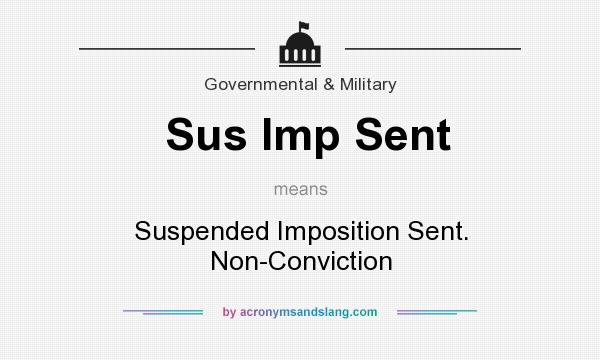

Minimum wage systems should not be seen or used in isolation, but should be designed in a way to supplement and reinforce other social and employment policies. Minimum wages can also be one element of a policy to overcome poverty and reduce inequality, including those between men and women, by promoting the right to equal remuneration for work of equal value. They help ensure a just and equitable share of the fruits of progress to all, and a minimum living wage to all who are employed and in need of such protection. The purpose of minimum wages is to protect workers against unduly low pay. Minimum wages can also be set by giving the force of law to provisions of collective agreements. Minimum wages can be set by statute, decision of a competent authority, a wage board, a wage council, or by industrial or labour courts or tribunals. This definition refers to the binding nature of minimum wages, regardless of the method of fixing them. Minimum wages have been defined as “ the minimum amount of remuneration that an employer is required to pay wage earners for the work performed during a given period, which cannot be reduced by collective agreement or an individual contract”.


 0 kommentar(er)
0 kommentar(er)
